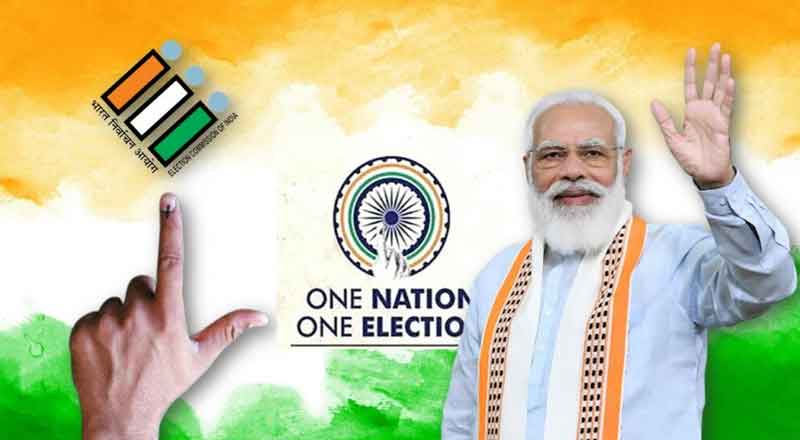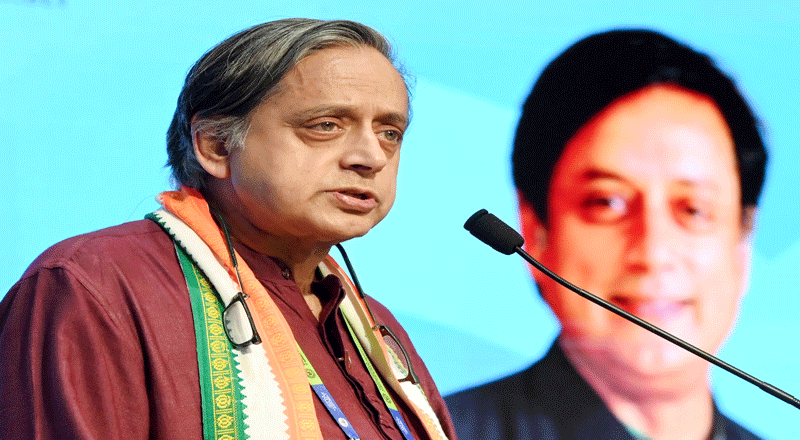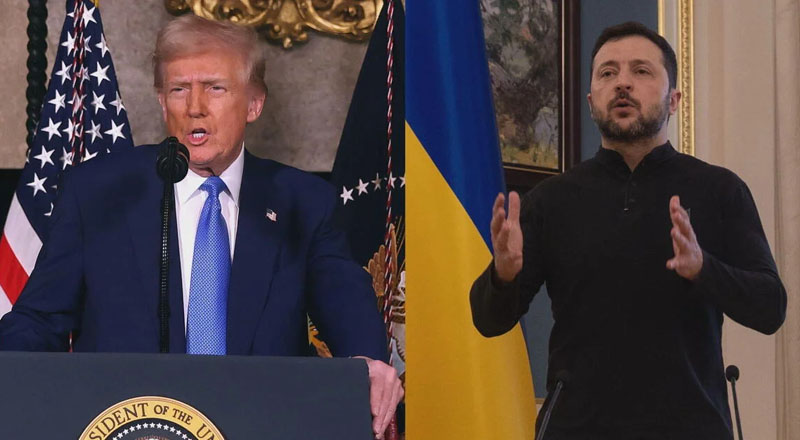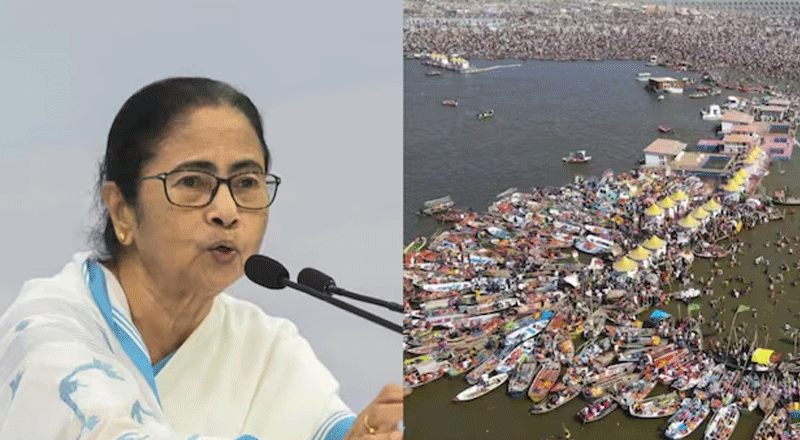The main idea is that polls for Lok Sabha and all state assemblies across India will be held simultaneously. PM Modi has been a strong proponent of the ‘One Nation, One Election’ since coming to power in 2014. He has been citing the financial burden caused by the continuous election cycle and an obstacle to development work during polls. Kovind also voiced his support for the concept of simultaneous elections after becoming President in 2017.
Pros
- Reduction in the cost of conducting elections
- Easing the burden on administrative and security forces who otherwise are engaged multiple times in election duties
- Government can focus more on governance rather than being in an election mode
- Simultaneous elections, according to the Law Commission, will increase voter turnout because it will be easier for people to cast many ballots at once, a report by India Today stated Cons
- Changes would be required in the Constitution and other legal frameworks
- Regional issues might get overshadowed by the national issues
- Agreement among all political parties remains a significant hurdle
Setting the ball rolling for ‘One Nation, One Election’, the Indian Law Commission panel has reportedly given its nod to simultaneous elections in the country. The Law Commission panel is expected to frame tentative timelines for the simultaneous elections of parliament, state legislatures, local bodies municipalities, and panchayat for the 2024 and 2029 cycles.
The report by the 22nd Law Commission panel will be submitted to the Law Ministry.
The development comes days after a panel was formed under the chairmanship of former president Ramnath Kovind to “examine and make recommendations for holding simultaneous elections”.
The concept of ‘One Nation, One Election’ gained impetus after Prime Minister Narendra Modi gave a clarion call for synchronized elections. While the BJP argues that the simultaneous elections would significantly reduce the cost incurred by the Election Commission, the opposition believes that the move would give an undue advantage to the ruling dispensation and significantly disrupt the Indian electoral process.
Notably in 2018, the 21st Law Commission headed by Justice BS Chauhan (retired), in a draft report, had also recommended ‘One Nation, One Election’. However, the commission did not proceed further with the proposal given “the complexity of the issues involved,” adding that it was “desirable to have further discussions and examination on the matter, involving all the stakeholders, once again, before making final recommendations to the Government.”
Five states are headed for assembly polls in November or December, followed by the Lok Sabha elections which are likely to be held in May-June 2024. However, the recent moves by the government have thrown open the possibility of moving forward some state polls, which are scheduled for later this year, to coincide with the Lok Sabha contest.
(With inputs from agencies)





